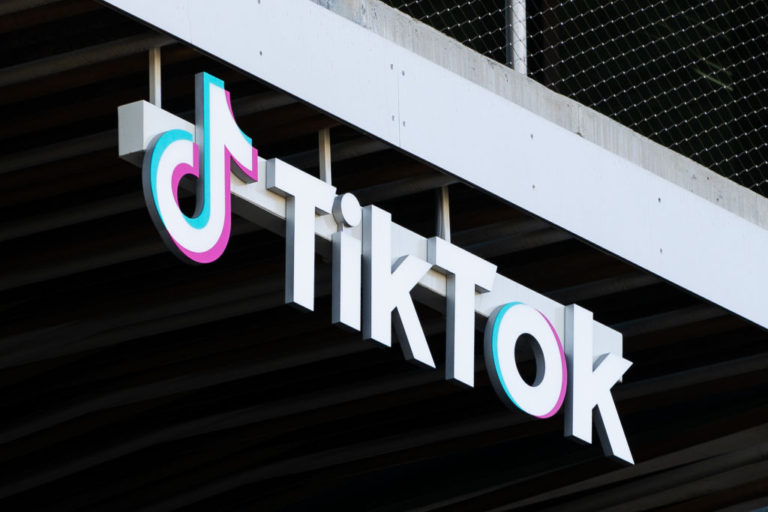For the first time, global search interest in ‘NFT’ surpasses that of ‘Crypto,’ according to Google Trends data

Non-fungible tokens (NFTs) have created quite a stir throughout 2021, quickly transitioning from something obscure and nerdy to one of the most desired items of digital consumerism, with global searches for the term “NFT” appearing to have surpassed those for “Crypto” for the first time, according to Google Trends.
While the crypto market has seen a drop in transaction volumes in recent weeks, NFT sales have soared on marketplaces like OpenSea, and with mainstream brands collectively contemplating an entry into metaverse platforms, it appears likely that consumer interest in NFTs will skyrocket by 2022.
The surge in interest, as first reported by CoinTelegraph, corresponds with data provided by OpenSea, an NFT marketplace that controls a large portion of NFT sales globally. According to data released in November, OpenSea sales volumes have increased by a whopping 14,500 percent when compared to 2020, totaling more than $10 billion (roughly Rs. 75,176.91 crore). While OpenSea controls the majority of NFT sales volumes, it’s only a matter of time before non-Ethereum-based marketplaces burst onto the scene.
What is the appeal of NFTs?
Non-fungible tokens are one-of-a-kind digital assets or collectibles created with blockchain. Each NFT has its own unique identifier and metadata that sets it apart from the others. Every NFT is cryptographically authenticated via the blockchain, ensuring that the owner is always known because the transaction is recorded on the digital ledger.
The Ethereum (ETH) cryptocurrency is most commonly used to buy and sell NFTs. However, because they are one-of-a-kind digital assets, they do not have a precise monetary equivalent.
Similarly to how a rare gem is not equivalent to any other rare gem because it is unique, the value of NFTs is frequently determined through auctions or by the creators themselves.
NFTs, on the other hand, are much more than simple “digital assets,” whether they are artwork, music, photography, virtual reality pieces, or anything else. A whole community has sprung up around NFTs, comprised of artists and creators who feel empowered by the ability to offer their creations independently and support themselves in this way.
Consumer brands such as Nike and Adidas are making their own forays into the realm of metaverse NFTs, demonstrating the exponential increase in demand for NFTs. Celebrities like Snoop Dogg, Grimes, Steve Aoki, Mila Kunis, and Melania Trump are also promoting their own NFT collections to the public, which is increasing interest.
Then there are NFT-based games like Axie Infinity and Sorare, which allow players to learn about crypto and NFTs while also earning money as a side hustle while playing video games.
However, NFTs are more than just a tool for self-promotion. Brands and individuals have devised a method to direct proceeds from NFT auctions to non-profits or charities. Not only can cryptocurrency holders acquire fine pieces of art, but in countries such as the United States, they can also deduct their donations from their ordinary income to save on taxes, resulting in a win-win situation for all.







